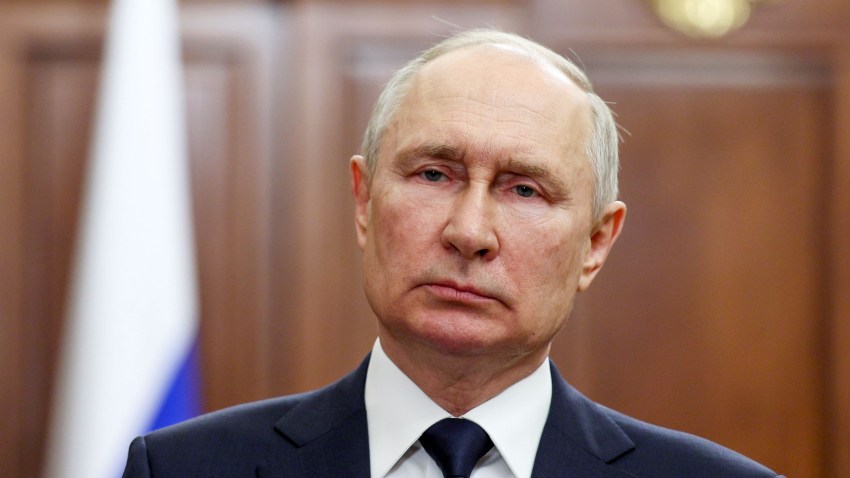Are fissures emerging within President Vladimir Putin’s regime in Russia? By now, the events of last weekend’s mutiny by Yevgeny Prigozhin—the leader of the Kremlin-affiliated Wagner Group—are generally known, if not fully understood. Prigozhin ordered his forces stationed in Ukraine to turn east, quickly taking over the Russian city of Rostov and advancing to within 125 miles of Moscow, all the while meeting little opposition. Putin took surprisingly long to respond to the stunning rebellion, but eventually declared the participants “traitors” who would be handled swiftly and severely.
Given the initial drama, what happened next was surprising: Nothing. Prigozhin ordered his men to halt their advance, claiming that he didn’t want to shed Russian blood or overthrow Putin. Under a quickly negotiated deal, Prigozhin departed for Belarus; his men returned to their bases; and the criminal charges that had been leveled against him were dropped. The members of the Wagner Group now have the option of signing contracts with the Defense Ministry, going to Belarus with Prigozhin or going home.
While we are still learning the specifics of what transpired and the details of the actual deal that ended the crisis, some observers are hoping that the chaos points to the beginning of the end of the war in Ukraine. The Yale historian Timothy Snyder concluded that Russia was finally poised to experience what he has been saying for the past year, namely that “wars end when the domestic political system is under pressure.” The retired Australian army general and military analyst Mick Ryan argued that “the mutiny will slowly, over time, corrode the fighting power of the Russian military.”

